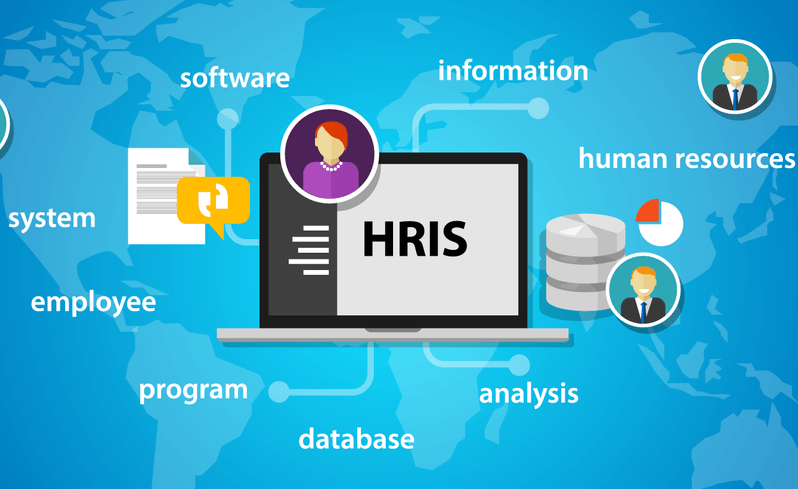Consider These Factors When You are Looking for HRIS System
By the way, what is an HRIS? an HR practitioner’s guide maybe. When choosing an HRIS system for your company, you should consider several factors. A good vendor should be a partner dedicated to helping you succeed and solve problems. They should provide you with the training and customer support you need to use the software best. In addition, an innovative HRIS provider will update their software regularly and encourage their users to stay current. That way, you can rest assured that your HRIS system will continue to work as expected for your company.
Research before implementing an HRIS system
If you plan to implement an HRIS system in your organization, you must do some research first. Implementing an HRIS system is an investment that requires thorough research. Top management must understand the system’s needs and be prepared to invest in the software. After all, this is a significant expenditure. Only after conducting a proper feasibility study can management make an informed decision. Here are a few simple steps to consider when implementing an HRIS system in your organization.
Understand your business. A proper HRIS should be flexible enough to accommodate future needs. For example, it should integrate with legacy platforms and newer technologies, such as accounting/ERP systems and job costing applications. Additionally, it should offer additional functionality and features beyond what you need today. For instance, it should include reporting functionality, eLearning, and direct carrier connections. Moreover, it should be scalable. That means it should be able to support a wider variety of processes and departments.
HRIS systems are designed to keep track of your employees’ information in one place. This allows you to conduct timely reports and have management and executive access to vital information on the go. If you want to optimize your organization’s HRIS system, you must research before implementing one. First, ask your HR department what data they currently keep and how they use their records. After that, meet with all departments to clearly understand their needs. Once you have clearly defined requirements, you can tailor your HRIS to meet those needs.
Choosing the right vendor
Choosing the right vendor for HRIS requires careful thought. Every vendor has its own goals and aims, and you should do your due diligence before selecting a vendor. Consider your budget and timeline for implementation before choosing a vendor. Make sure to communicate your needs and expectations to the vendor, so your transition is smooth. Below are some tips to help you choose the right vendor for HRIS.
Asking for recommendations is another way to identify the right vendor. Review third-party reviews or vendor websites for testimonials. Some organizations even send formal Requests for Proposals to gather information from vendors. The shortlist is then chosen based on the information collected from the questionnaire. When selecting a vendor, ask the company you’re considering to present you with a system demo. Demos are ideal because you can test out the software and ask questions.
The size of your company is another critical factor in choosing the right HRIS vendor. If you’re a growing company, an ATS that is robust and versatile will benefit you. Similarly, enterprise businesses requiring payroll management and time and attendance tracking will find HRIS systems with additional features. When choosing an HRIS vendor, consider your business goals and determine which features and functions are the most important to your company.
Employee or manager self-service
Whether an employee or a manager can access HRIS information and perform tasks on their own, it will drastically decrease the time spent by managers or HR personnel. Self-service procedures can be accessed from a company intranet site or an employee information system menu. Employees can also use these systems to access information, forms, and services from the human resources department. Whether an employee has a basic question or a complex request, self-service procedures make their job easier.
In addition to freeing up HR departments, self-service in HR software gives employees greater control over their careers. Managers are more visible when employees can handle HR issues, eliminating double entry. Moreover, because self-service tools enable employees to evaluate their own information, they have less risk of errors. Employees also want to control their career decisions and spend less time asking HR staff for information. If they can use self-service HR systems, they are more likely to stay with their company, and their productivity will skyrocket.
In many cases, self-service software allows employees to edit their information, greatly simplifying HR tasks. Managers no longer have to update employee information or handle HR admin manually. As a result, employees will spend less time searching for information, and overall satisfaction will increase. Employees can take care of many aspects of HR administration themselves and will have more time to focus on other essential aspects of their jobs. In addition to these benefits, self-service systems can help organizations save time and money.

